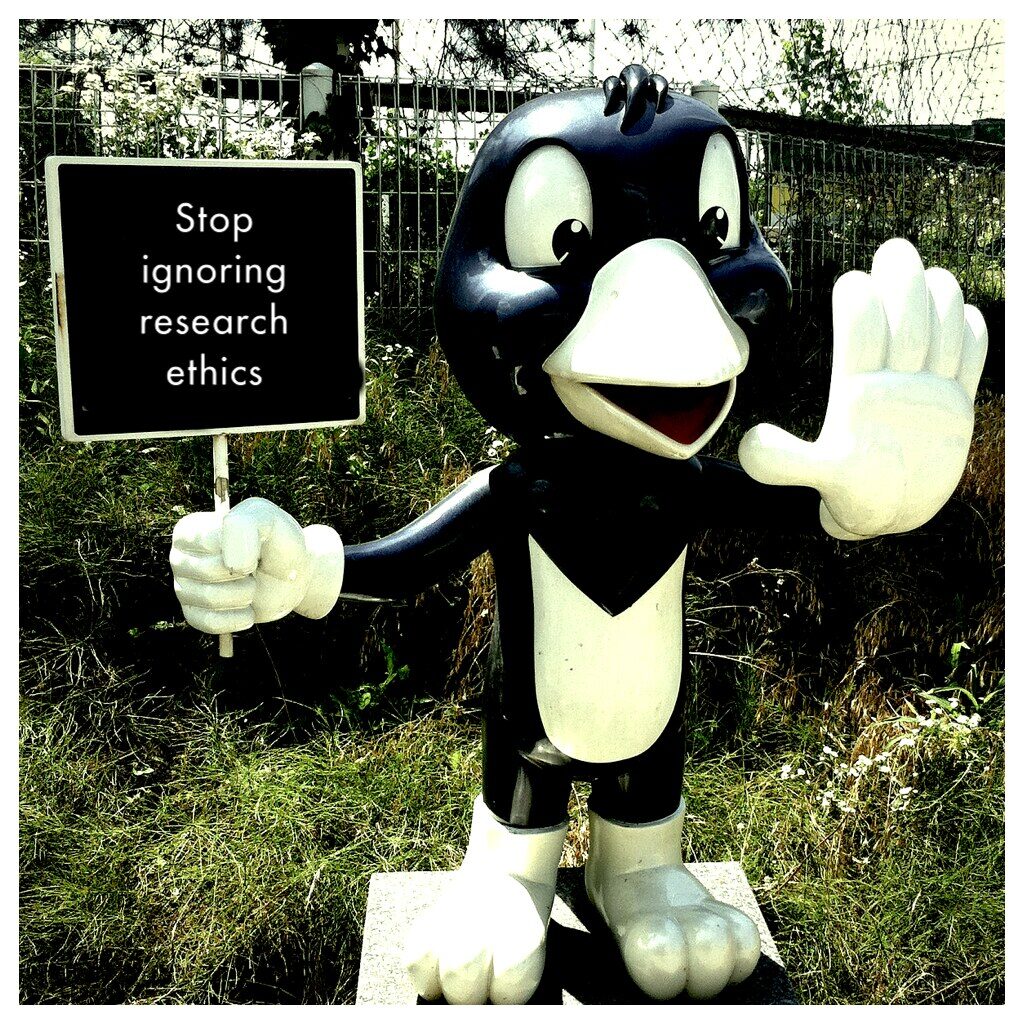Key Takeaways
- AI and marketing automation are not shortcuts; they’re sustainable tools for nurturing long-term business growth.
- Successful integration requires ethical data practices, education, and patience.
- The best results come when automation supports human creativity and authentic communication.
- Like a thriving garden, your marketing ecosystem grows when given the right tools, timing, and care.
The Roots of Modern Marketing: Where Automation Meets Intention
Marketing automation once felt like an industrial revolution for marketers — efficiency in action, repetition made seamless. But now, with the rise of artificial intelligence, we’re entering a new age where technology doesn’t just execute; it learns, adapts, and personalizes.
For small businesses, this can sound intimidating — but it’s more like tending a smart greenhouse. The soil (your content), the nutrients (your data), and the sunlight (your audience insights) work together under the guidance of tools that help everything grow in harmony.
According to Wikipedia, marketing automation refers to software platforms designed for organizations to automate repetitive tasks such as emails, social media posting, and ad campaigns. When combined with AI, these systems move beyond automation — they start predicting, optimizing, and helping your brand connect more naturally with its audience.

Sowing the Seeds: How AI Enriches Marketing Automation
AI transforms marketing automation from a mechanical process into an organic system of learning. Instead of mass-producing identical messages, it observes audience behavior, learns from engagement, and adapts future communications accordingly.
Research like Artificial intelligence in digital marketing automation confirms that AI enhances personalization and predictive analytics while requiring strong ethical frameworks. This means automation doesn’t have to feel robotic; it can actually make your brand feel more human.
Some common examples include:
- Email nurture flows that adjust content based on reader behavior.
- Predictive lead scoring that helps identify which prospects are “ready to bloom.”
- Chatbots that provide genuine assistance instead of canned replies.
These tools work best when paired with clear human direction — your strategy is the gardener; AI is the irrigation system.
Patience and Practice: Building Trust Through Ethical Automation
Ethical marketing automation isn’t about growing fast; it’s about growing right. AI must be implemented responsibly — respecting privacy, transparency, and consent.
Harvard experts in AI and marketing ethics emphasize that while automation can accelerate outreach, it should never override authentic relationships or human judgment.
An ethical approach looks like:
- Explaining when AI is being used in communications.
- Using first-party data responsibly.
- Avoiding manipulative algorithms that exploit emotions.
- Providing users an easy way to opt out or modify preferences.
Just as a gardener learns to respect the natural rhythms of the seasons, marketers must understand the timing and limits of automation.

Deep Roots: AI-Driven Insights and Predictive Analytics
To grow sustainably, a business must understand its soil — its data. This is where AI-driven analytics shine. Platforms such as Google Cloud’s marketing analytics tools and OpenAI’s business integrations enable small teams to analyze behavior patterns and forecast trends.
AI doesn’t replace intuition; it refines it. For example:
- By analyzing content engagement, it identifies topics that resonate with your audience.
- Through lead tracking, it estimates when a prospect might convert.
- Via predictive models, it helps allocate your time and ad spend wisely.
These insights become the nutrients that strengthen your marketing ecosystem, allowing you to plant future campaigns with confidence.
Cultivating Balance: Automation + Human Touch
A garden thrives with balance — sunlight and shade, structure and spontaneity. Similarly, marketing automation must balance AI efficiency with human empathy.
You can automate repetitive tasks, but you can’t automate trust. Content that connects comes from shared experiences and storytelling. Use automation to free your creative energy — so you can focus on strategy, authenticity, and community.
HubSpot’s OpenAI integration guide demonstrates how automation can be personalized and still feel genuine.
For a deeper exploration of AI’s evolving role in marketing, explore this article on AI agents for digital marketing — it delves into how intelligent agents can manage marketing tasks while keeping the human voice intact.

Harvesting Results: Measuring Sustainable Growt
Growth that lasts is growth that’s measured, refined, and nurtured. Tools like AI-powered CRMs and analytics dashboards offer clear visibility into what’s working.
Sustainable automation means tracking quality, not just quantity — engagement depth, retention rates, customer satisfaction, and repeat visits all signal fertile marketing ground.
A 2024 report on AI-Based Lead Generation highlights that companies focusing on long-term nurturing outperform those chasing instant conversions.
FAQs About Marketing Automation and AI
1. How does AI improve marketing automation?
AI makes automation smarter by learning from user behavior, predicting outcomes, and tailoring content. Instead of sending generic messages, it personalizes every touchpoint, helping small businesses connect more deeply and efficiently with their audiences — all while saving time and reducing human error.
2. Is AI marketing automation expensive for small businesses?
Not necessarily. Many tools offer scalable pricing. Platforms like HubSpot, ActiveCampaign, and OpenAI integrations allow small businesses to start small and grow as their marketing needs expand. The key is starting with one or two automations that make a real impact.
3. What ethical concerns should I consider when using AI in marketing?
Be transparent about automation use, respect customer privacy, and avoid manipulative targeting. Ethical marketing automation builds trust and ensures compliance with data protection laws — reinforcing long-term brand loyalty and customer respect.
4. Can AI replace human marketers?
No. AI supports human creativity; it doesn’t replace it. Machines can analyze and predict, but empathy, storytelling, and emotional intelligence remain uniquely human strengths that AI tools simply amplify.
5. How can small businesses start with AI automation?
Begin by automating simple, repetitive tasks like welcome emails or lead scoring. Gradually integrate AI for personalization and analytics. Always test, monitor, and learn — treating your system as a living garden that improves with care and observation.
6. What are the long-term benefits of ethical AI automation?
Sustainable automation nurtures stronger relationships, better customer insights, and lasting growth. It turns marketing into an organic ecosystem — where trust, value, and innovation grow together.
Conclusion: Cultivate, Don’t Chase
Marketing automation and AI aren’t about shortcuts or overnight success. They’re tools for cultivation, not exploitation — helping small businesses grow patiently, ethically, and intelligently.
The future of marketing belongs to those who plant deeply, water consistently, and trust the process. In this new era of intelligent automation, growth is not a race — it’s a garden you tend, season after season.
About the Author
Karim Chehab is a digital marketing strategist and SEO educator dedicated to helping small businesses grow sustainably through ethical, data-driven marketing. With over a decade of experience in content automation, AI integrations, and organic SEO, Karim believes that great marketing is cultivated — not manufactured.
He founded Pomegranate Marketing, a consultancy known for its patient, educational approach to AI-driven growth. When he’s not helping clients automate authentically, Karim writes about the future of marketing ethics, creativity, and technology.
Connect with Karim through Pomegranate Marketing, where strategy and storytelling grow hand in hand.

